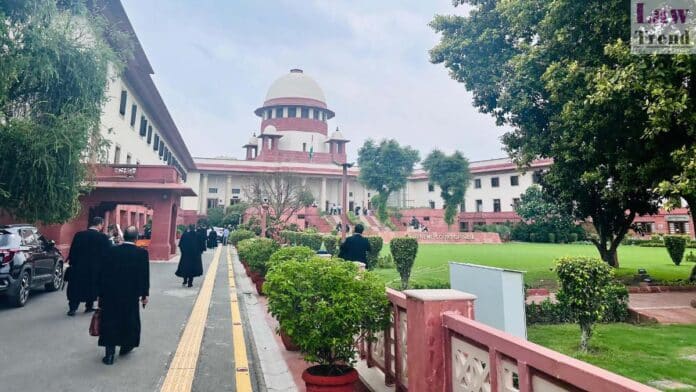The Supreme Court of India, in a significant ruling on property law, has held that an Agreement to Sell, General Power of Attorney (GPA), and even a registered Will do not confer valid title on a property in the absence of a registered sale deed and proper legal proof. The judgment, delivered by a bench
To Read More Please Subscribe to VIP Membership for Unlimited Access to All the Articles, Download Available Copies of Judgments/Order, Acess to Central/State Bare Acts, Advertisement Free Content, Access to More than 4000 Legal Drafts( Readymade Editable Formats of Suits, Petitions, Writs, Legal Notices, Divorce Petitions, 138 Notices, Bail Applications etc.) in Hindi and English.




